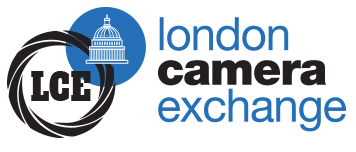
Venturing Into a Whole New World: An Introduction to UK Astronomy
Introduction to Astronomy in the UK
Astronomy is the scientific study of matter and energy in outer space. It has been around for centuries, with ancient civilizations devoting time to understanding the night sky. In Britain, astronomy has a long history dating back to early medieval times when it was used as an aid to navigation and weather forecasting. Today, astronomy remains popular among professionals and hobbyists who use cameras, telescopes and binoculars to observe the stars, planets and other celestial objects visible in the UK sky. Depending on your budget and goals for observing the night sky, you will need different types of equipment to get started with astronomy. Telescopes are best for viewing distant galaxies or deep-sky objects like nebulas, while binoculars are well suited for observing larger star clusters or constellations closer to home. Cameras can also be used if you want to capture detailed images of what you observe but by familiarising yourself with the right information you can ensure that your chosen device meets your expectations for astrology in the UK!
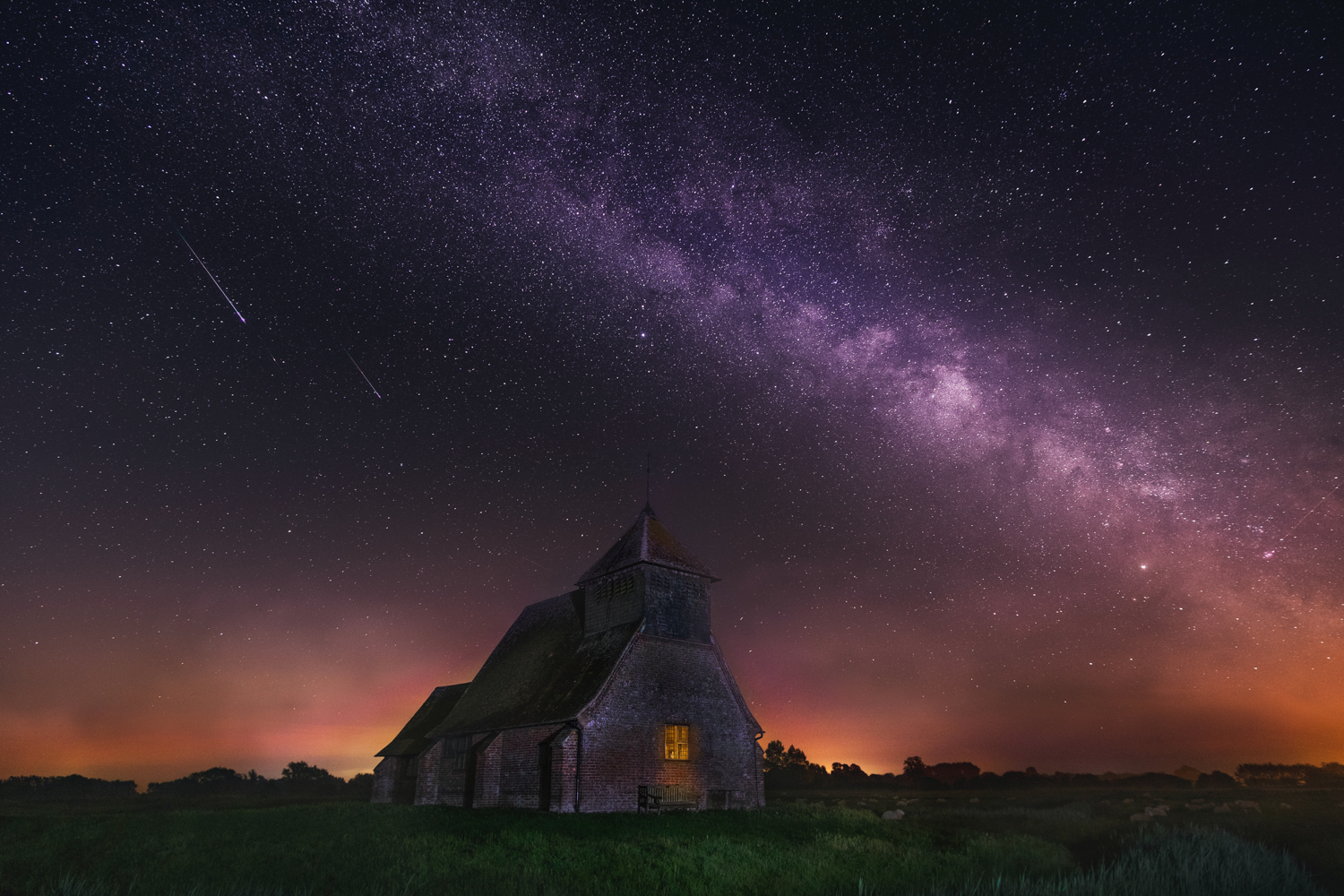
Types of Astronomical Equipment
Cameras are an essential part of any astronomer's toolkit, allowing them to capture detailed images of the night sky. DSLR (Digital single-lens reflex) and Mirrorless cameras are popular amongst amateur astronomers due to their versatility and relatively straightforward operation. They have built-in sensitivity settings which allow for adjustments in order to capture faint stars and galaxies in long exposures, as well as shorter exposure times for capturing brighter objects like planets or the Moon. When coupled with a tracking mount, a camera can produce stunning astrophotography images over long periods of time without requiring frequent refocusing or reorientation. You can also use Super-Zoom or Bridge cameras which have a single fixed lens that goes from wide-angle (perfect for landscapes) up to a large magnification (bringing your subjects much closer).
Telescopes are perhaps one of the most recognizable pieces of equipment associated with astronomy and provide users with magnified views of distant celestial bodies, such as distant galaxies or star clusters up close. Telescopes come in various sizes ranging from small tabletop models all the way up to large professional observatory instruments. Larger telescopes generally offer higher magnifications than smaller models but require more setup time and maintenance than smaller options do. The type of telescope you choose will depend on factors such as your budget, experience level, desired magnification power and aperture size needed for your chosen field(s) of observation.
Binoculars provide another option for viewing astronomical phenomena from British skies without having to invest heavily into expensive equipment like telescopes or cameras do. Binoculars feature two lenses that work together to increase the magnification power when compared with what is possible using the naked eyes alone; this makes binoculars ideal for observing larger constellations closer to home rather than attempting fainter deep-sky objects such as nebulas that will be visible through large telescopes only located far away from urban light pollution sources. Binoculars also come in different sizes depending on their intended purpose; those looking for maximum portability should opt for compact model designs, while those needing greater detail should consider investing in full-sized versions, offering higher levels of optical clarity at longer distances compared with the compact alternatives.
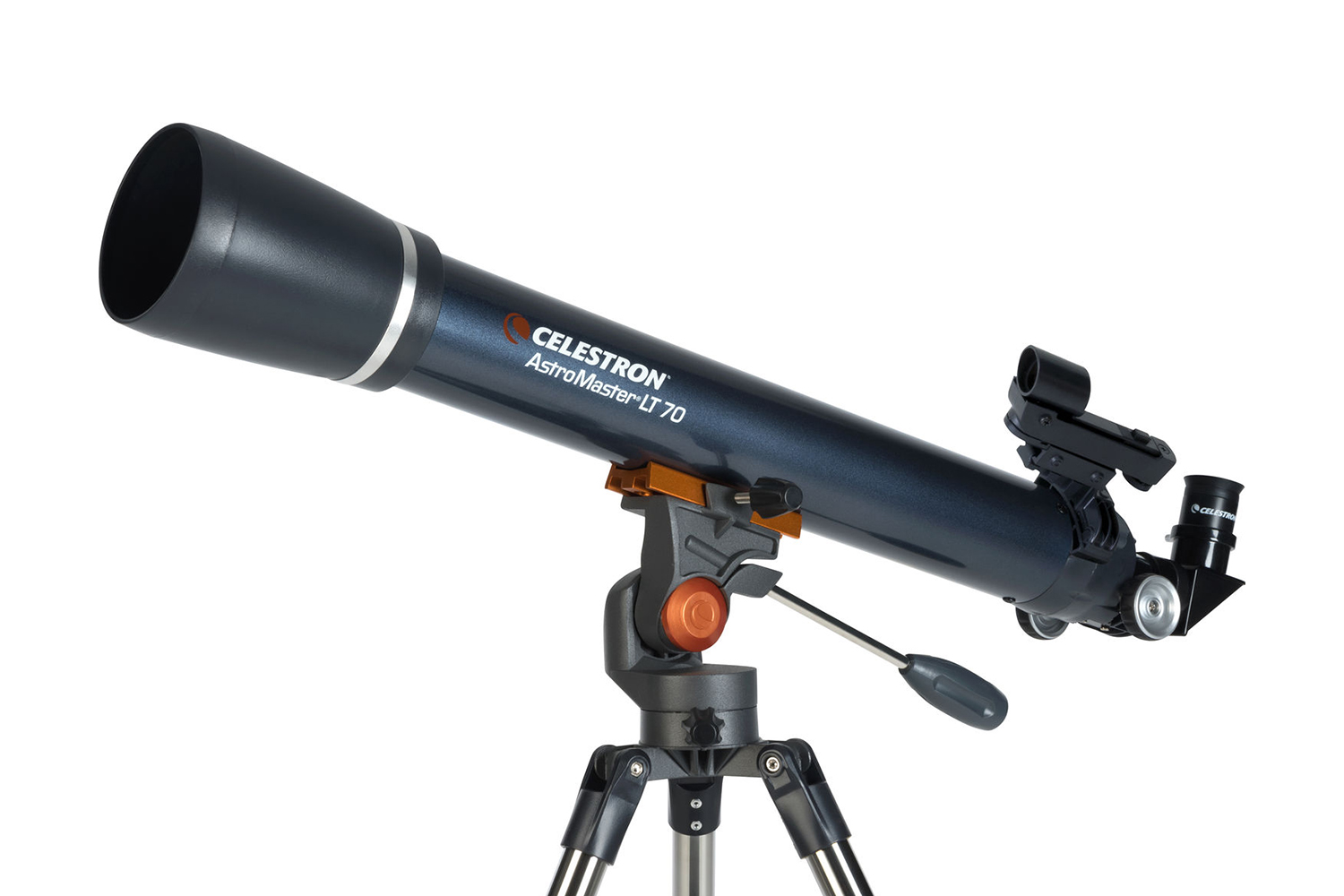
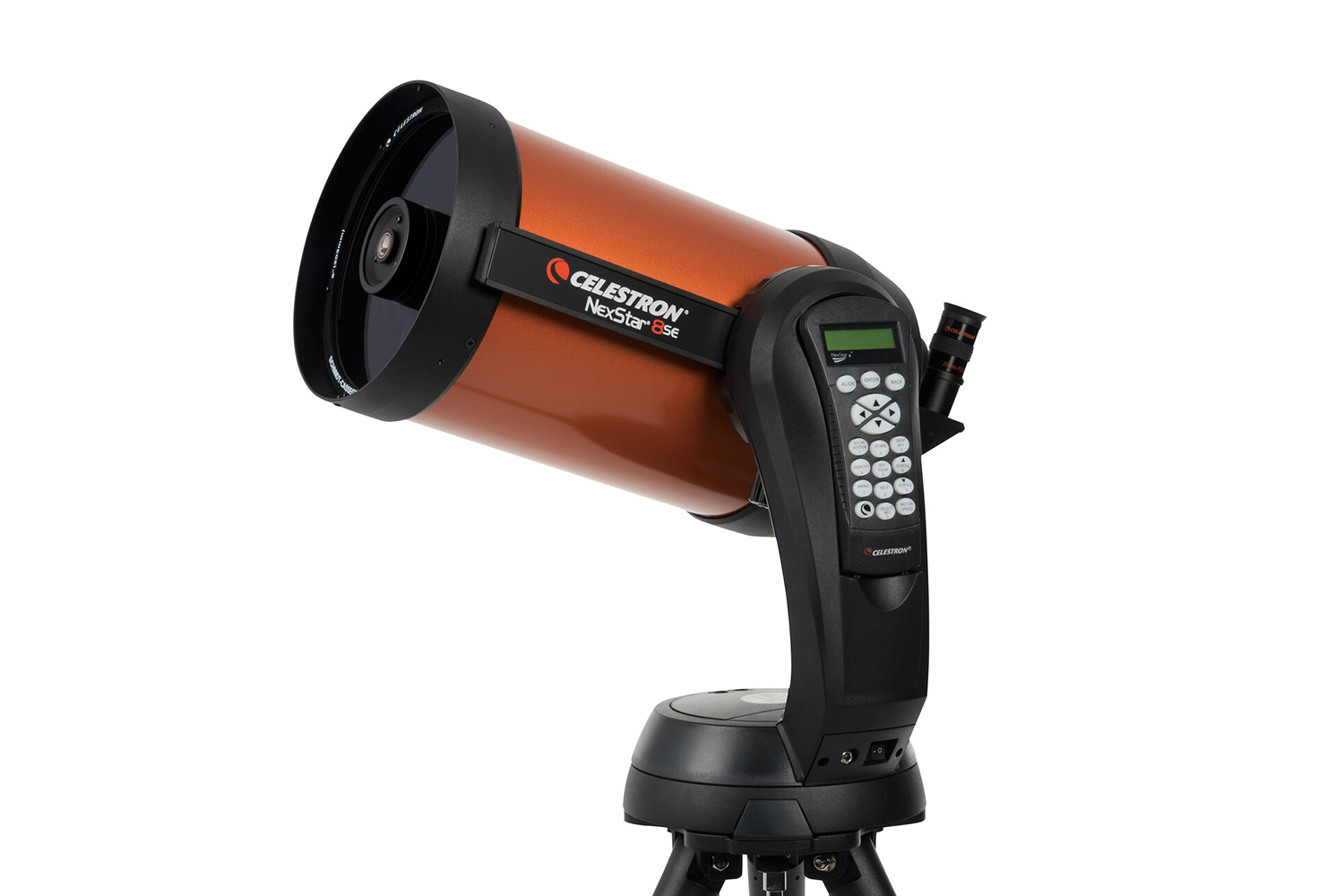
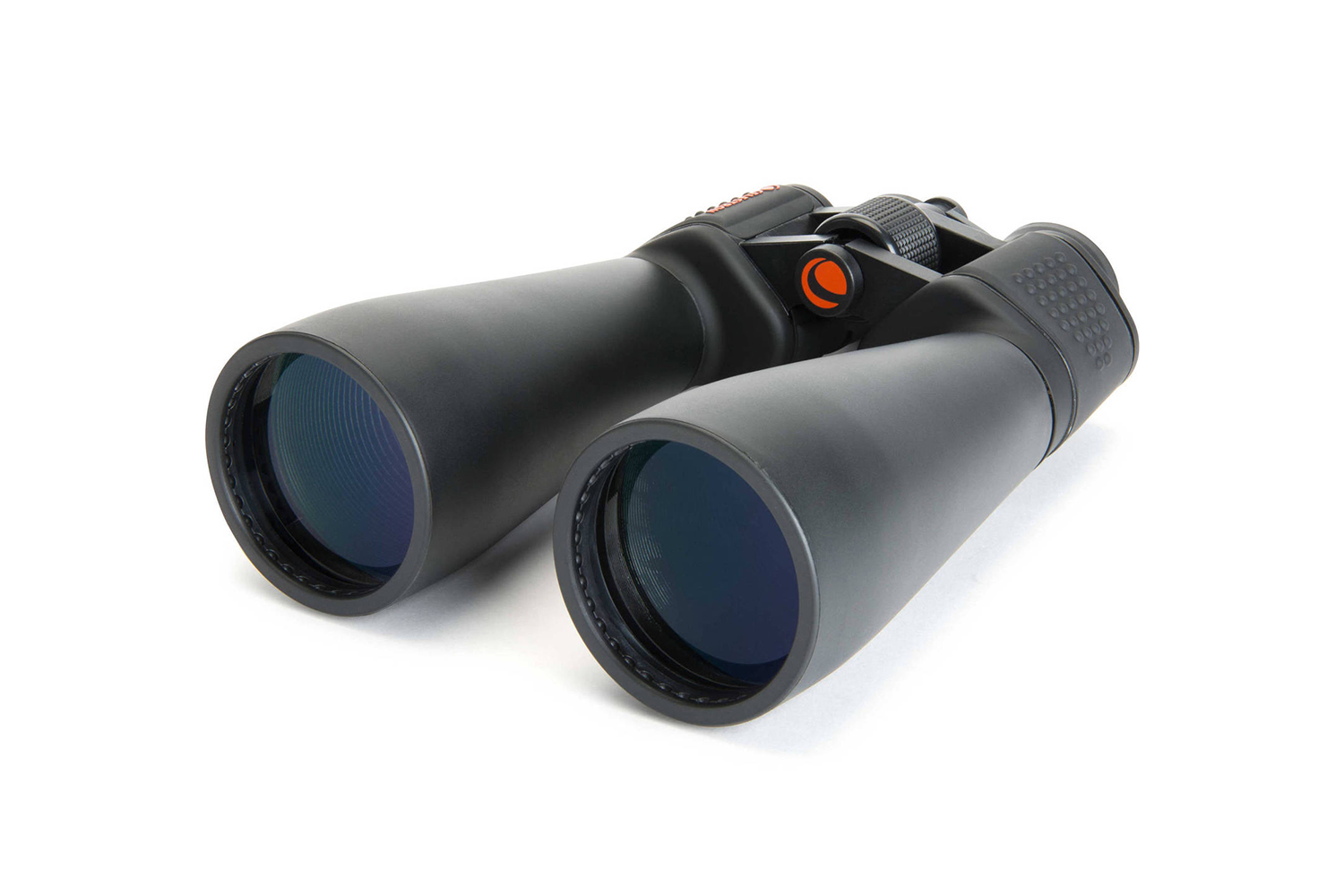
Understanding Magnification and Aperture
Magnification is an important factor to consider when selecting a telescope, binoculars or camera to observe the night sky. Magnification refers to the degree of enlargement applied to the image being viewed through these devices; the higher magnification levels result in more detail and finer features becoming visible at greater distances. This can be achieved by either increasing the focal length of a device or changing its aperture size. The focal length indicates how far away from your eye (or camera sensor) an object appears, while the aperture is related directly to how much light enters the device's lens system.
The aperture size has several implications on both performance and cost when it comes to astronomy equipment. Lenses with a larger diameter generally offer a better image due to their ability for capturing more light which results in brighter stars and planets appearing clearer even at higher magnifications than those taken with a small diameter. However, large-sized optics also tend to be significantly heavier than the smaller alternatives, so portability may become an issue depending on your intended location and use! When deciding between different sizes of equipment available, you should consider what type of astrology you wish to observe along with any associated constraints that might exist relating to weight, size or your budget before purchasing.
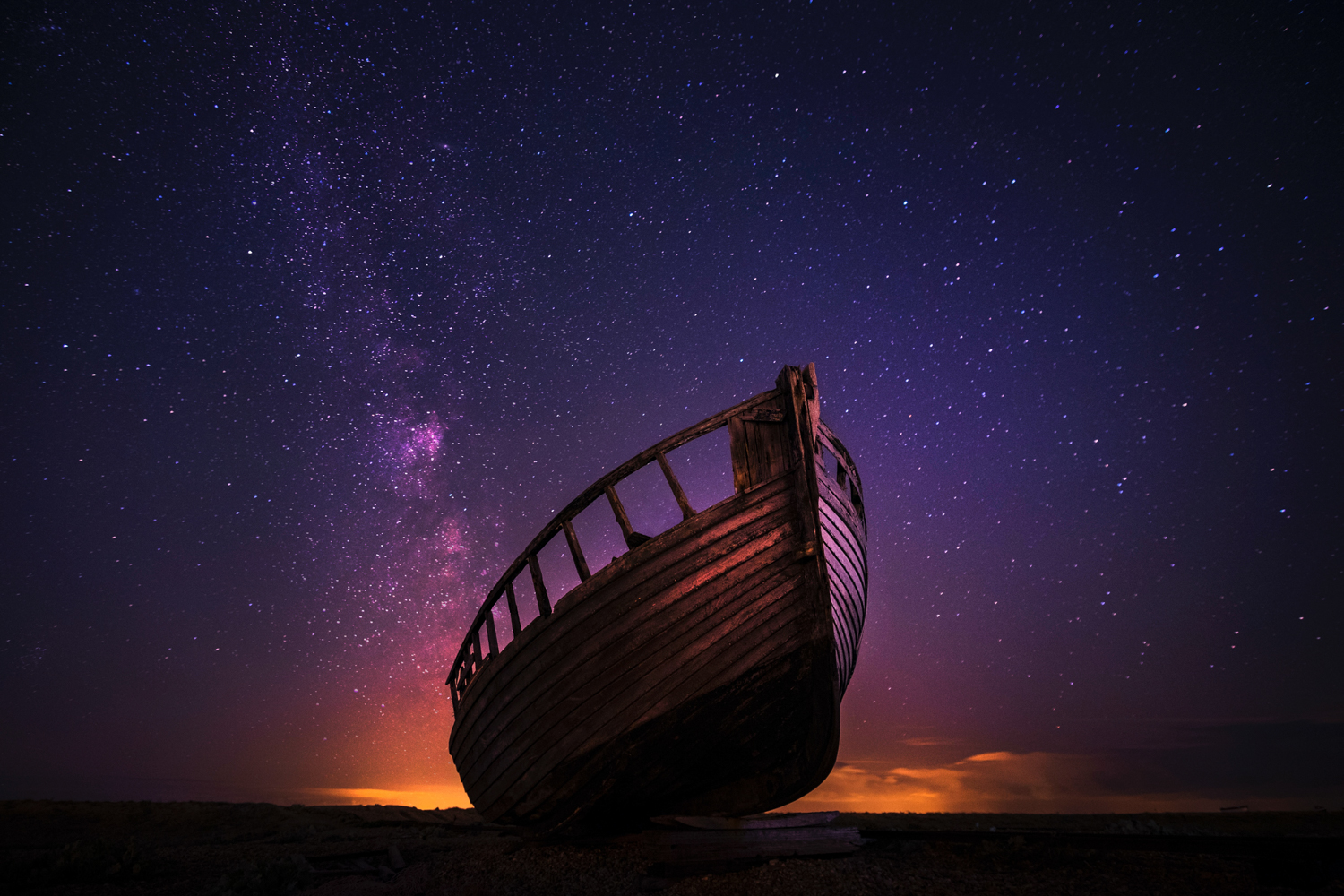
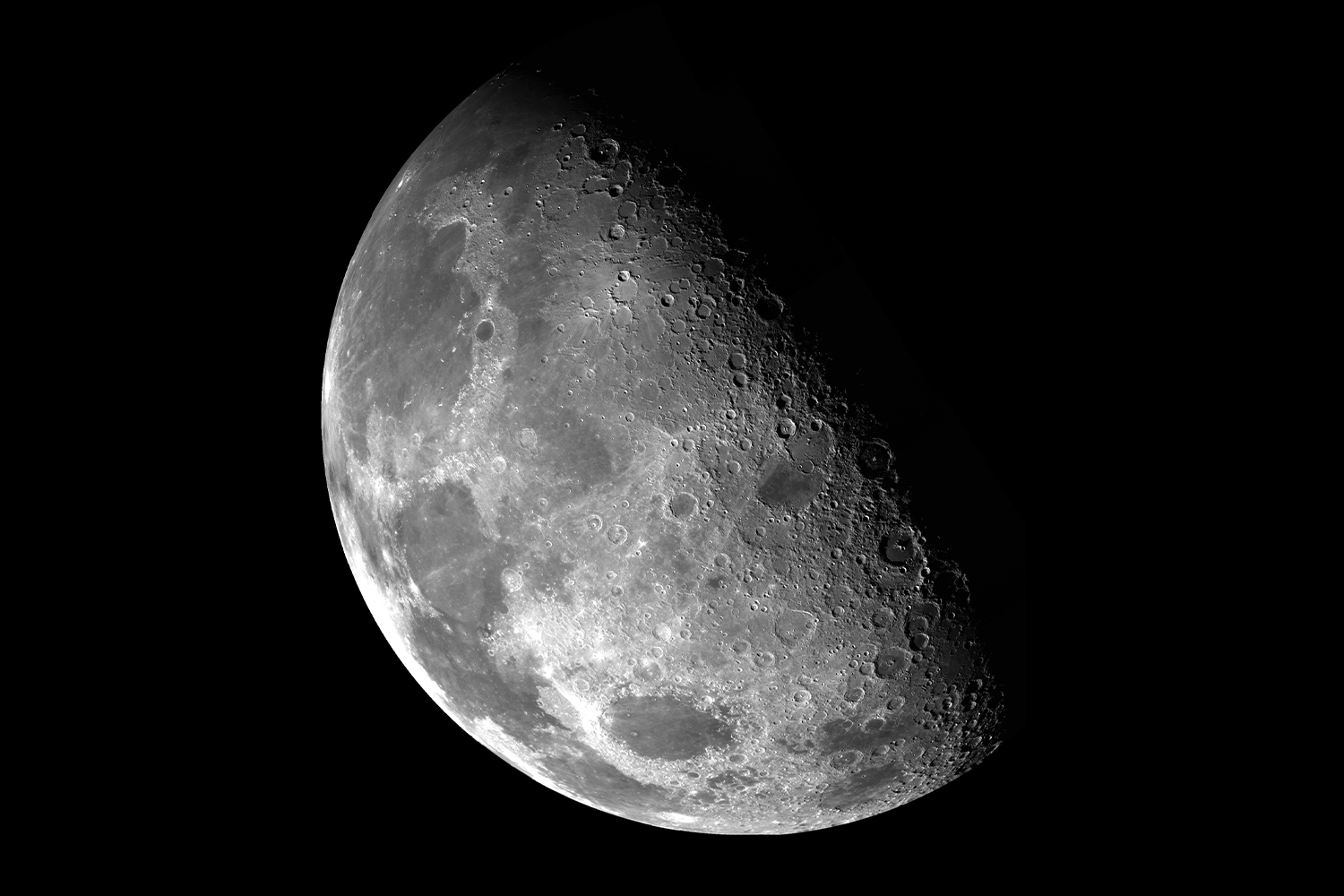
Choosing the Right Equipment
When it comes to choosing the right equipment for astronomy, there are many factors that must be taken into account. The first step is determining the type of astronomy you want to observe. Telescopes and binoculars are used for visual observation, while cameras provide detailed images you can save and look back on. Knowing what kind of celestial objects or phenomena you want to observe will help determine the type of device that best suits your needs.
It's important to identify which pieces of equipment best meet your needs and are within the budget you wish to spend! Your choice may depend on special features such as the magnification power or aperture. Browse our website where you can see the range of cameras, lenses, telescopes and binoculars we offer, and we are more than happy to answer any questions in-store or over the phone should you need a little help.
Getting Started With Astronomy in the UK
In order to get started with astronomy in the UK, it is important to familiarize yourself with the night sky. This includes understanding different constellations and their locations in relation to one another as well as identifying objects such as galaxies, nebulas, and star clusters visible from the British sky. In addition, researching any up-and-coming astronomical events such as meteor showers or eclipses can help you plan for optimal viewing conditions too!
Joining local astronomy clubs is a great way of meeting like-minded individuals interested in pursuing similar hobbies related to amateur stargazing activities; these groups often host regular meetings where members can share experiences.
Finally, optimizing your equipment for the best results when it comes to night-time observations is essential if you want clear views of deep-space objects from the sky. Purchasing quality telescopes, binoculars, or cameras along with accessories like tracking mounts, may be necessary depending on what type of observations you’re hoping to undertake.
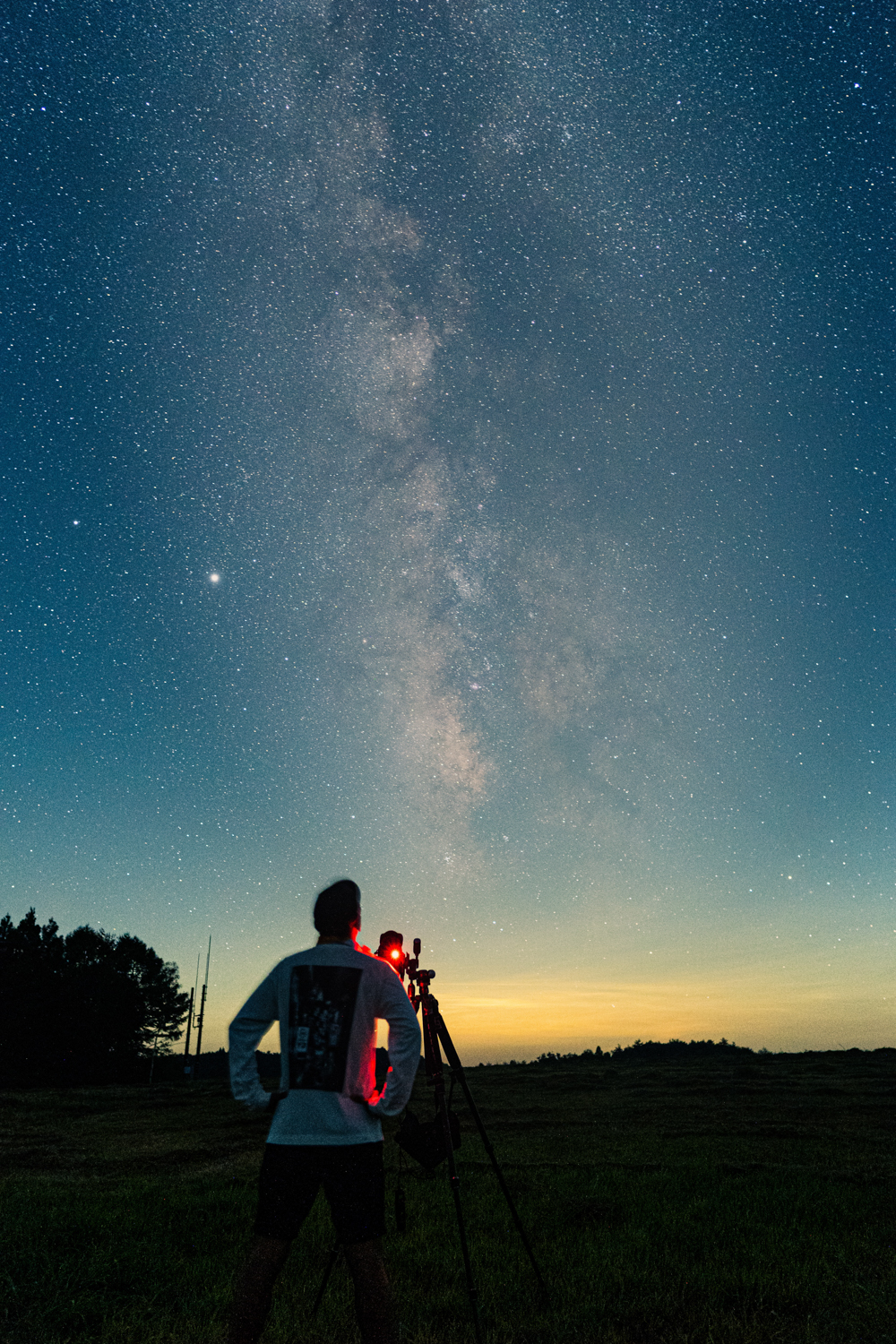
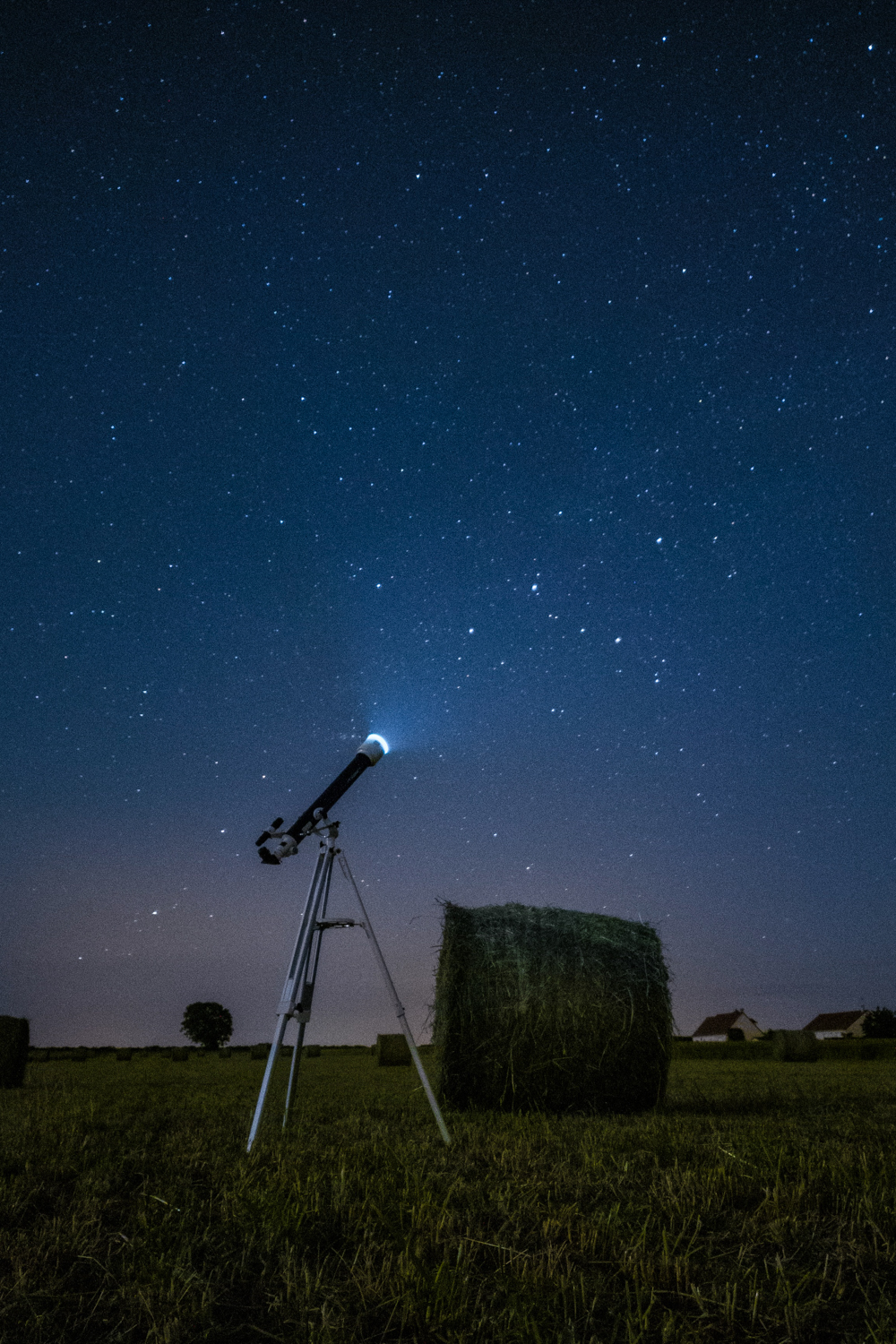
Conclusion
Observing the night sky in the UK is a rewarding and educational experience that can offer new perspectives on our place within the universe. With careful planning and preparation, anyone can get started with astronomy regardless of their experience level or budget. Choosing the right equipment for observations is essential for optimal results; selecting the correct telescope, binocular or camera will ensure clear views of the clear (weather dependent).
Additionally, researching any up-and-coming astronomical events such as meteor showers or eclipses beforehand helps to maximize your experience too – making stargazing activities an enjoyable moment enjoyed by all ages alike!
For any more information or advice please feel free to pop into your local branch where our Experts will be on hand to help.
View our Celestron Range of Scopes and Binoculars click here
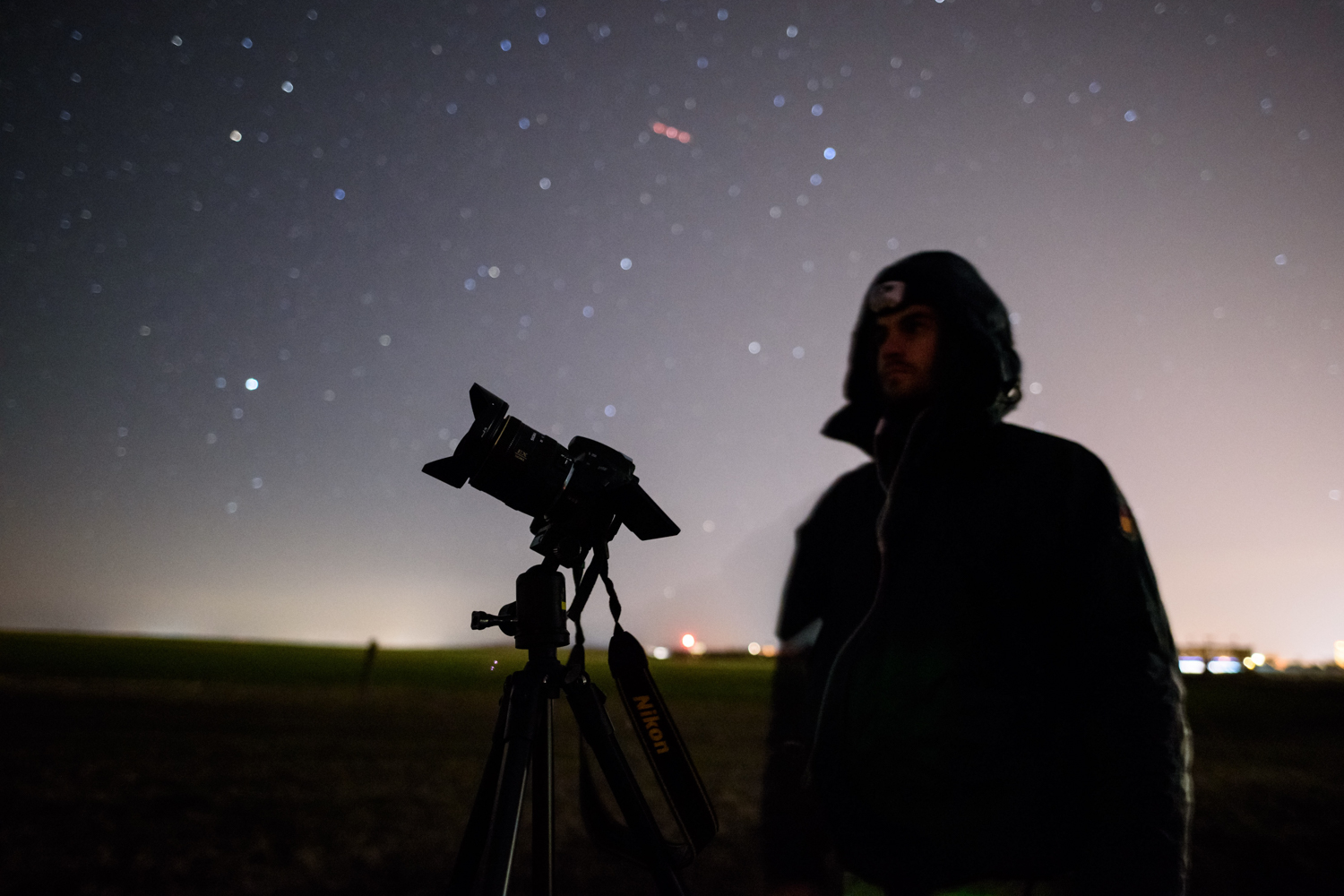
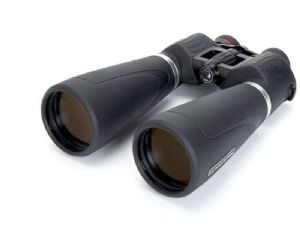
Celestron Skymaster Pro 15X70
- Large 70 mm objective lenses for excellent light gathering
- Ideal for Astronomy
- Rubber armored for improved ergonomics and protection
- Waterproof and nitrogen purged for use in all weather conditions
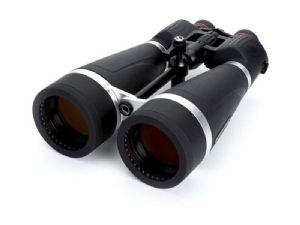
Celestron Skymaster Pro 20X80
- 80 mm objective lenses for excellent light gathering in low light
- Rubber armoured for improved ergonomics and protection
- Integral tripod mount
- Waterproof and nitrogen purged for use in all weather conditions
